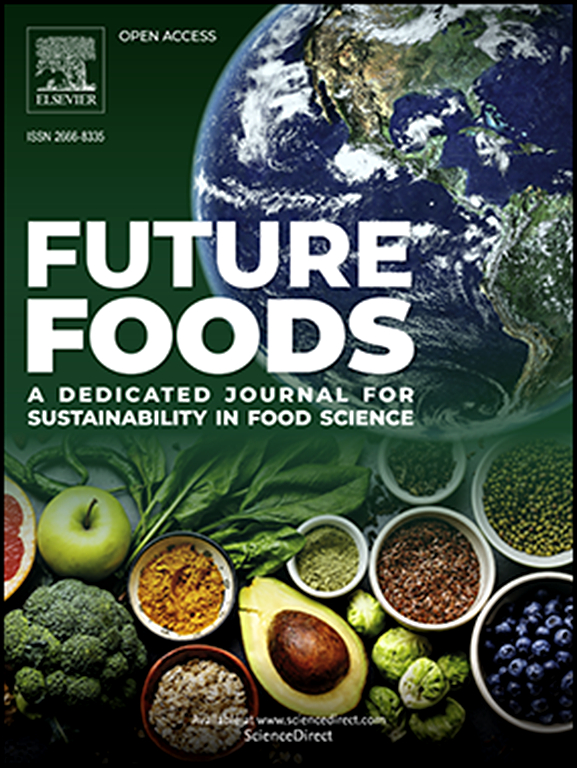Potential impacts of carbon pricing on vegetable cold chains
IF 8.2
Q1 FOOD SCIENCE & TECHNOLOGY
引用次数: 0
Abstract
The urgent need to address climate change has prompted growing interest in carbon pricing mechanisms as tools for reducing emissions in food systems. This review explores how carbon pricing may affect vegetable cold chains, which rely on energy-intensive, temperature-controlled networks essential for preserving produce quality and limiting food loss. While carbon pricing can serve as an incentive for adopting energy-efficient technologies, renewable energy, and sustainable logistics practices, its implementation can also trigger adverse consequences. These include increased operational costs, potential disruptions to supply chains, food affordability challenges, and public health concerns, particularly for vulnerable populations. Drawing on global evidence, this paper discusses both the enabling conditions for carbon pricing (when applied to vegetable cold chains or relevant stages within them) to deliver environmental benefits and the risks of socio-economic trade-offs, including potential impacts on labour, equity, and food security. Mitigation strategies, such as revenue recycling, targeted subsidies, and hybrid policy designs, are also discussed. Overall, the paper emphasizes the need for carefully designed carbon pricing mechanisms tailored to the structure of vegetable cold chains to ensure a just and effective transition to low-carbon food systems.
碳定价对蔬菜冷链的潜在影响
应对气候变化的迫切需要促使人们越来越关注将碳定价机制作为减少粮食系统排放的工具。这篇综述探讨了碳定价如何影响蔬菜冷链,蔬菜冷链依赖于能源密集型、温控网络,对保持农产品质量和限制粮食损失至关重要。虽然碳定价可以激励采用节能技术、可再生能源和可持续物流实践,但其实施也可能引发不利后果。这些挑战包括运营成本增加、供应链可能中断、粮食可负担性挑战以及公共卫生问题,特别是对弱势群体而言。根据全球证据,本文讨论了碳定价(应用于蔬菜冷链或其相关阶段时)实现环境效益的有利条件,以及社会经济权衡的风险,包括对劳动力、公平和粮食安全的潜在影响。还讨论了缓解战略,如收入回收、有针对性的补贴和混合政策设计。总体而言,本文强调需要精心设计适合蔬菜冷链结构的碳定价机制,以确保公平有效地向低碳食品系统过渡。
本文章由计算机程序翻译,如有差异,请以英文原文为准。
求助全文
约1分钟内获得全文
求助全文
来源期刊

Future Foods
Agricultural and Biological Sciences-Food Science
CiteScore
8.60
自引率
0.00%
发文量
97
审稿时长
15 weeks
期刊介绍:
Future Foods is a specialized journal that is dedicated to tackling the challenges posed by climate change and the need for sustainability in the realm of food production. The journal recognizes the imperative to transform current food manufacturing and consumption practices to meet the dietary needs of a burgeoning global population while simultaneously curbing environmental degradation.
The mission of Future Foods is to disseminate research that aligns with the goal of fostering the development of innovative technologies and alternative food sources to establish more sustainable food systems. The journal is committed to publishing high-quality, peer-reviewed articles that contribute to the advancement of sustainable food practices.
Abstracting and indexing:
Scopus
Directory of Open Access Journals (DOAJ)
Emerging Sources Citation Index (ESCI)
SCImago Journal Rank (SJR)
SNIP
 求助内容:
求助内容: 应助结果提醒方式:
应助结果提醒方式:


